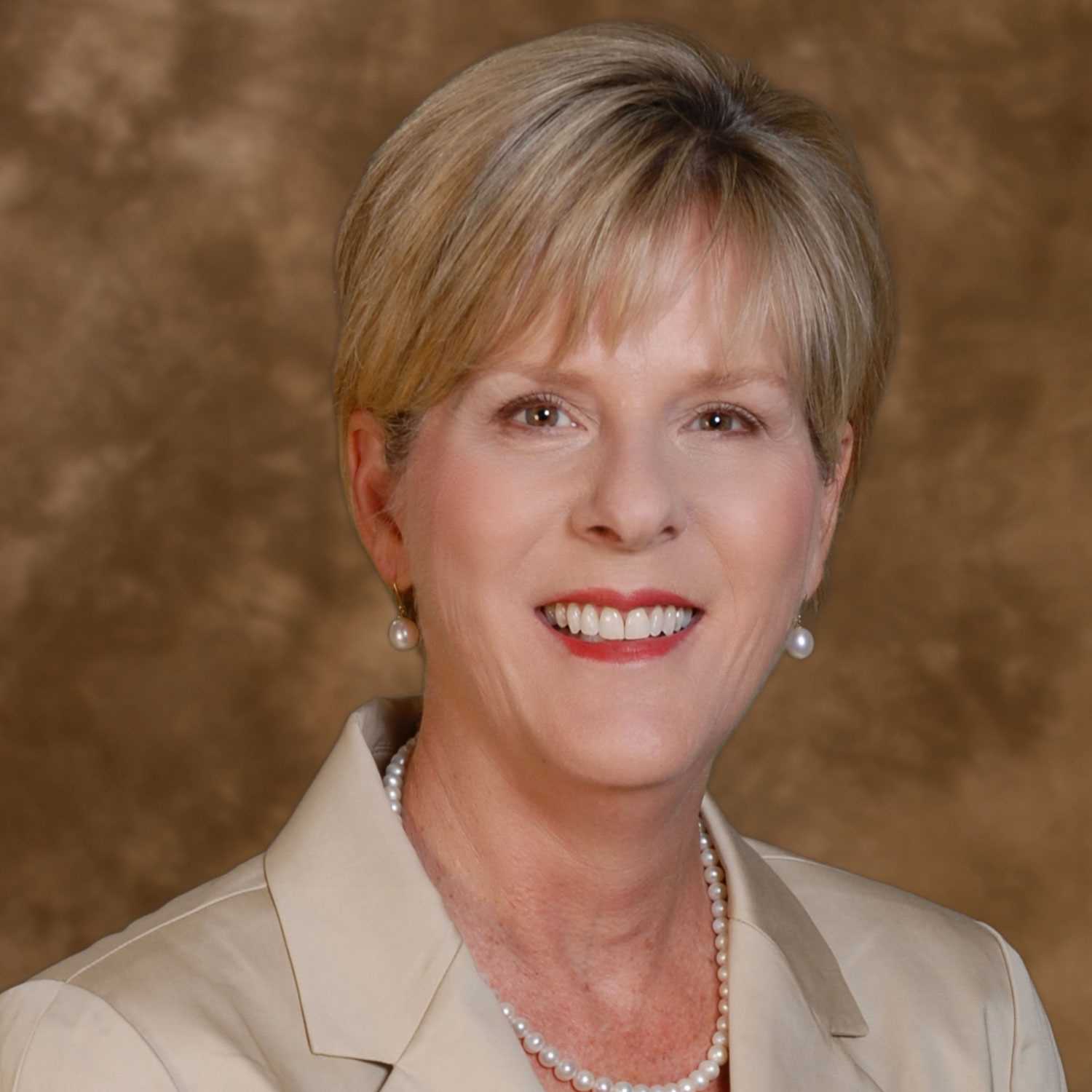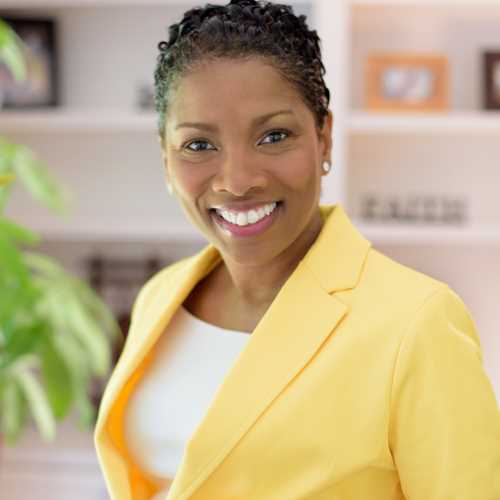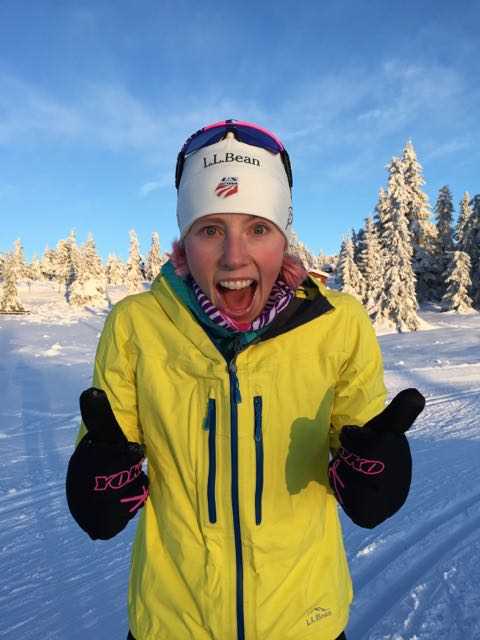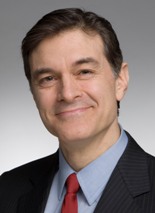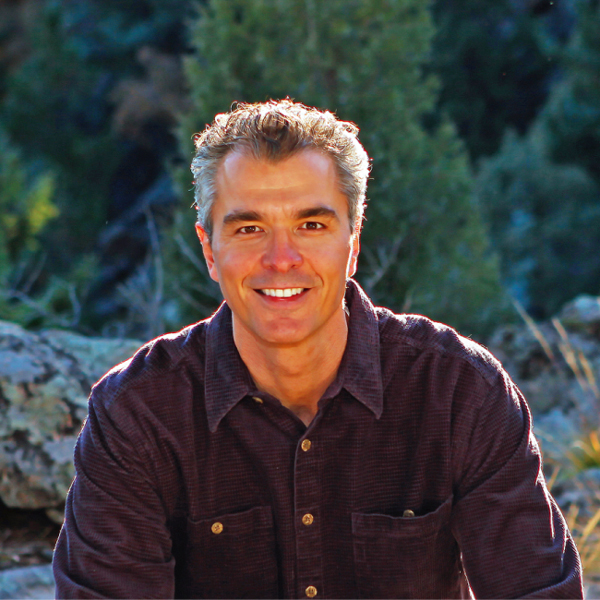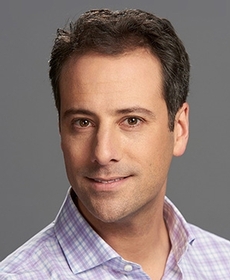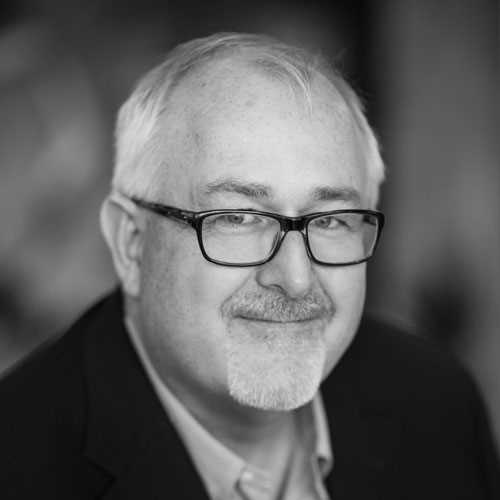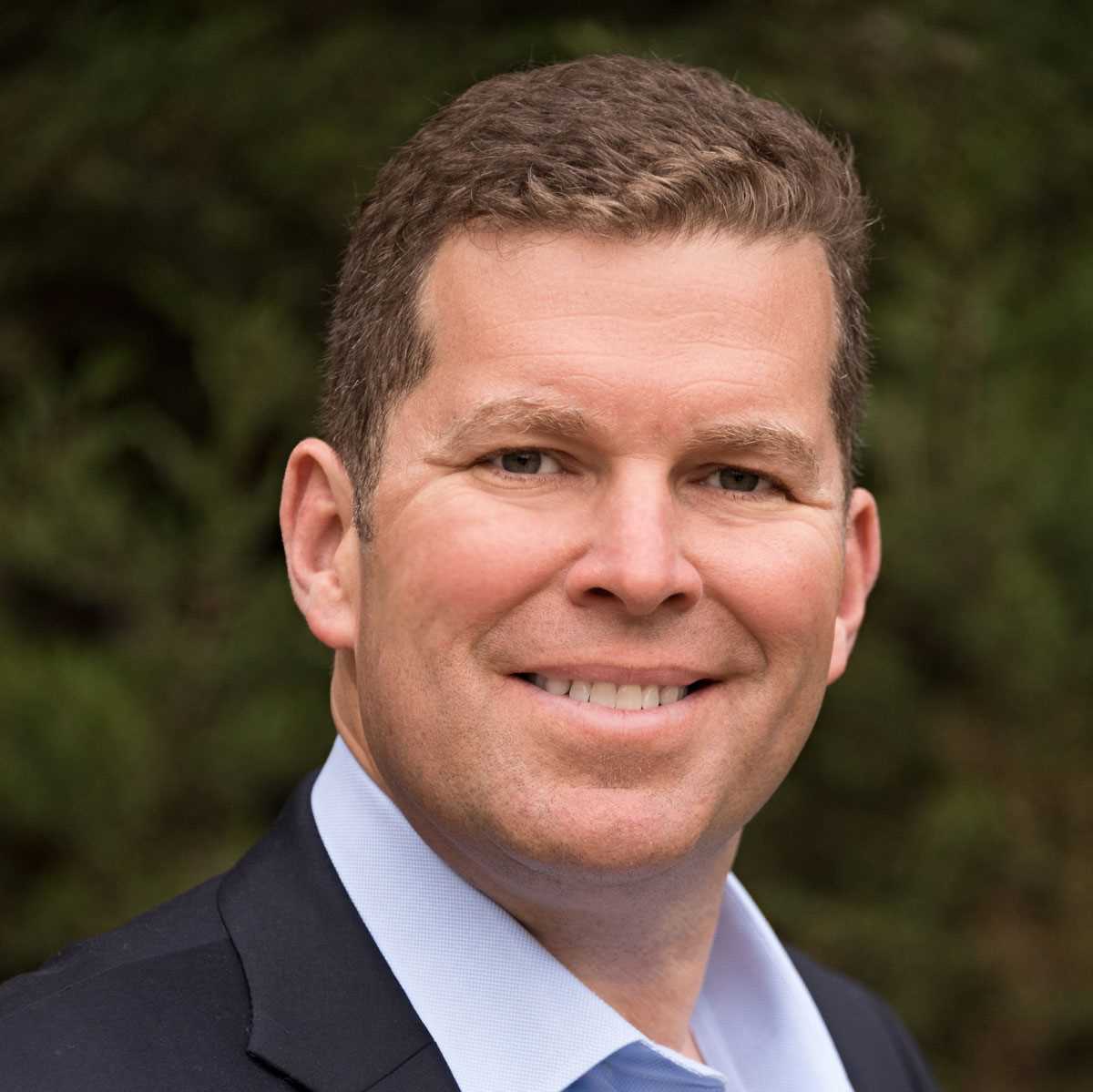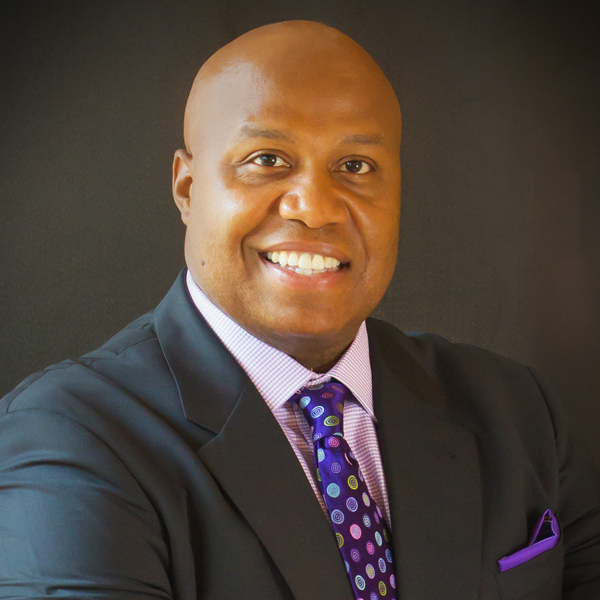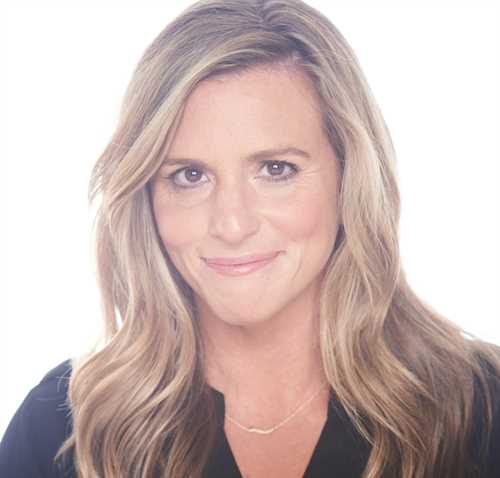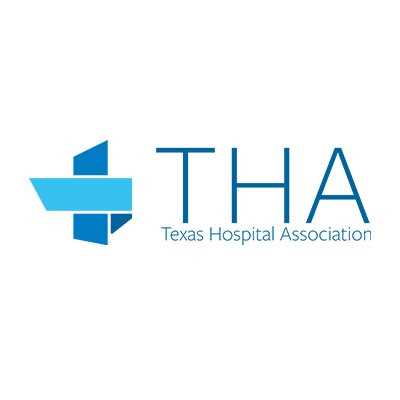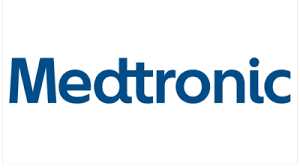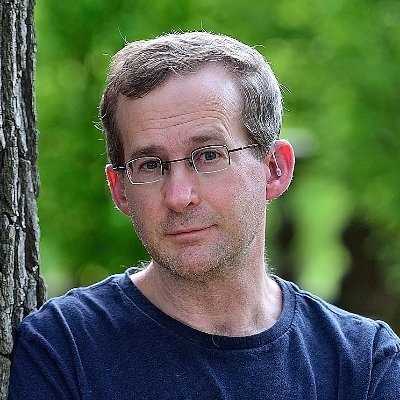
Michael Chorost
- Technology theorist with an unusual perspective
- Leading Expert on Human/Machine Integration
- Author of WORLD WIDE MIND and REBUILT
In Person-Fee 🛈
$15,000 - $20,000
Virtual Fee:
$10,000 - $15,000
Travels From
District of Columbia
How to Put Your Brain on the Internet: Lessons from a Cyborg
How Becoming Part Computer Made Me More Human | Michael Chorost | Talks at Google [2008]
Michael Chorost Speaker Biography
Dr. Michael Chorost is a science essayist and public speaker. His first book, Rebuilt: How Becoming Part Computer Made Me More Human (Houghton Mifflin, 2005) is a memoir of going deaf and getting a cochlear implant. It won the PEN/USA Award for Creative Nonfiction in 2006 and was applauded by the L.A. Times as “the first cyborg memoir.”
His second book, World Wide Mind (Free Press, 2011) is about the science of mind-reading and the prospect of enabling direct communication from one brain to another. It received positive notices in The New York Times, New Scientist, and Kirkus Reviews, among other places, and led to numerous speaking invitations in the USA and abroad, including in Russia, France, Canada, and Italy.
He has written on science and medicine for Wired, Technology Review, New Scientist, Slate, the Chronicle for Higher Education, and others. One of his Wired stories was reprinted in The Best American Science Writing 2006. He’s been interviewed by the New York Times, U.S. News & World Report, The Economist, and the Times of London, and has guested on over 40 radio and TV shows.
Michael Chorost has given over 150 talks at venues including SciFoo, the Library of Congress, MIT, Brown, Duke, Stanford, Emory, Georgia Tech, Bard, NYU, Boston Scientific, Google, IBM, Procter & Gamble, the Brookings Institute, the National Institutes of Health, the Howard Hughes Medical Institute, the Strelka Institute in Moscow, the Women’s Forum in France, the Italian Science Festival in Italy, and the Commonwealth Club of San Francisco.
He has a B.A. from Brown University and a Ph.D. in digital humanities from the University of Texas at Austin. After graduating in 2000, he worked at a dot-com in San Francisco and then at SRI International, a research institute in Silicon Valley.
Since 2005 he has worked as a full-time freelance writer, speaker, and teacher. He spent the academic year of 2008-2009 as a visiting professor at Gallaudet University in Washington, D.C. He nows live in Washington, D.C. with his wife and their two cats.
To book technology speaker Michael Chorost call Executive Speakers Bureau at 901-754-9404.
How To Put Your Brain On The Internet
This talk focuses on the future of electronic communication. I talk about new research in bionic technologies and brain-computer interaction. This is my most popular talk, and I give it frequently at universities.
Human/Machine Integration
This talk is more specialized than the first one. I talk more deeply about new technologies such as optogenetics and neural implants.
Cyborg Theory and Practice
This talk is on the academic side, where I talk about changing ideas about the body and the senses, and the ethical issues associated with biomedicine.
Cochlear Implants: The Experience
I give this talk to professional organizations that are specifically interested in cochlear implants. I explain the technology and walk audiences through an audio demo of what it sounds like to hear with one. I also talk about the technology’s impact on the signing deaf community. I often use elements of this talk in my other talks.
Transformation: When The Only Way Out Is Through
Here I tell an inspiring story of overcoming disability with cutting-edge implanted technologies. I talk about how I went completely deaf in 2001 and learned to hear all over again with a cochlear implant. I also talk about how I aimed to communicate more empathetically and became a better person, going from long-term singlehood to being happily married.


